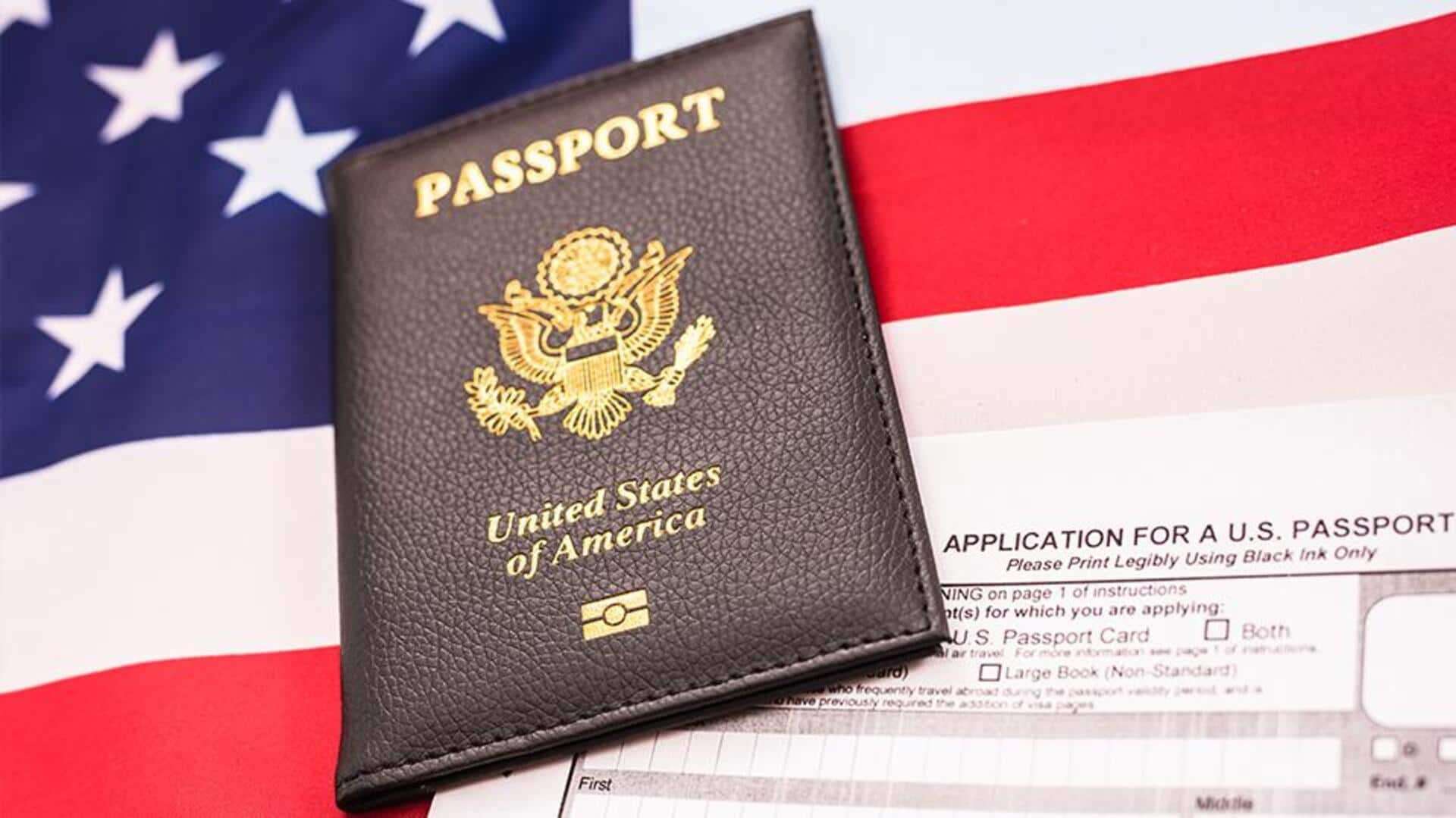
US to collect DNA from all immigration applicants, including children
What's the story
The Donald Trump administration has proposed a major expansion of the US's biometric data collection program. The new rule would allow the Department of Homeland Security (DHS) to collect DNA and other biological identifiers from nearly everyone applying for or associated with an immigration benefit, including children. This is one of the most extensive surveillance measures in US immigration history and could impact millions annually.
Rule details
Who will be impacted by this rule
The proposed rule would allow DHS to collect biometric data, including fingerprints, iris scans, voiceprints, facial recognition data, and DNA samples from anyone involved in an immigration filing. This includes children and those linked to an application, like family members. The agency had previously limited biometrics collection to certain categories, such as adult applicants for green cards or visas.
Redefinition impact
Proposed regulation redefines 'biometrics'
The proposed regulation also redefines "biometrics" to include not just traditional fingerprints but also DNA, iris scans, facial and voice recognition, and even "behavioral characteristics." A key provision would formalize the government's ability to collect, test, use, and retain DNA samples. Genetic data could be shared across law enforcement agencies for identity verification and investigative purposes.
Existing practices
Current limits on DNA testing
Currently, DNA testing in immigration matters is limited to two main contexts. If an applicant can't provide enough documentation to prove a biological relationship, the DHS or State Department may request a voluntary but potentially application-harming DNA test. Since 2019-2020, Customs and Border Protection (CBP) and Immigration and Customs Enforcement (ICE) have collected DNA from some non-US citizens in custody under the FBI's Combined DNA Index System (CODIS).
Opposition response
Proposal has drawn legal and ethical concerns
The proposal has drawn criticism for reversing an earlier position taken by the Obama administration. Critics argue it would turn the immigration system into a genetic surveillance network, collecting sensitive biological data from people who haven't been accused of any crime. Legal experts say this policy raises serious constitutional questions about privacy, proportionality, and government power, making it likely to face multiple court challenges.